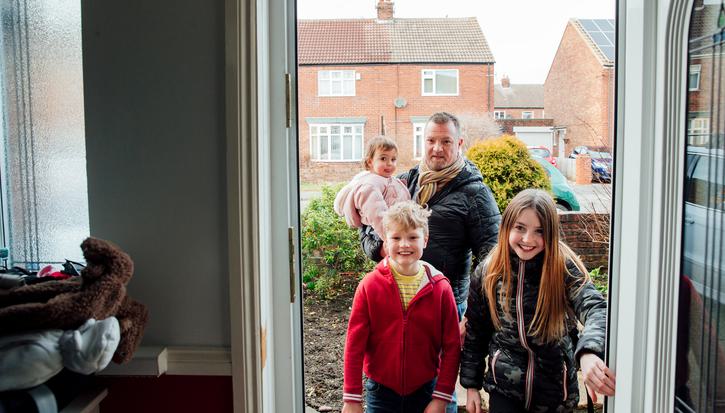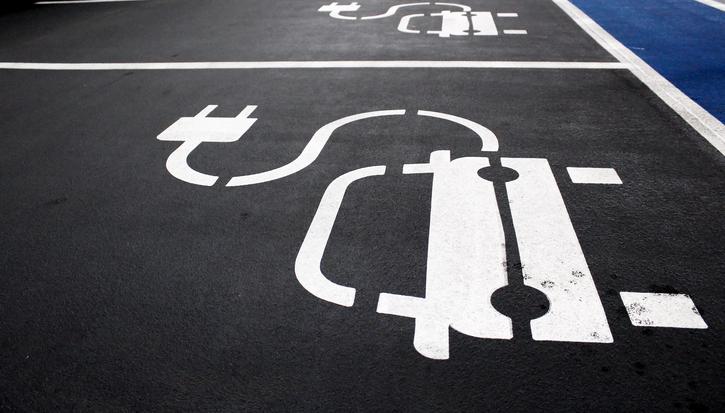Delivering an equitable net zero transition
Article
The distributional impacts of climate change policies are a growing part of the debate on decarbonisation as the discussion has shifted from ‘whether’ we transition to the ‘how’. However, there is a need to broaden these debates beyond green and environmental perspectives and to involve anti-poverty groups and perspectives.
IPPR, the Joseph Rowntree Foundation (JRF) and the Zero Carbon Campaign (ZCC) have been working together to help bridge this gap, holding three workshops in August and September 2021 to explore the risks and benefits of decarbonisation and the potential impacts of the net zero transition on those living in poverty.
This briefing provides a summary of these workshops, where IPPR brought together organisations focused on addressing the climate and nature crises and anti-poverty groups to help create a shared understanding of the poverty and inequality risks that could arise from the transition, as well as the potential benefits and opportunities for those on low incomes. The workshops explored three areas - transport, homes, and food.
Related items

The homes that children deserve: Housing policy to support families
As the government seeks to develop a new child poverty strategy, it will need to grapple with housing – the single largest cost faced by families.
Powering up public support for electric vehicles
Tackling greenhouse gas emissions will only work if public support for action remains strong. That means ensuring tangible improvements in people’s lives and heading off any brewing backlash.
Assessing the economy
Over the past few days and weeks, there has been lots of rather histrionic commentary about the UK’s economic situation as if the budget has created an economic disaster from which we’ll never recover.